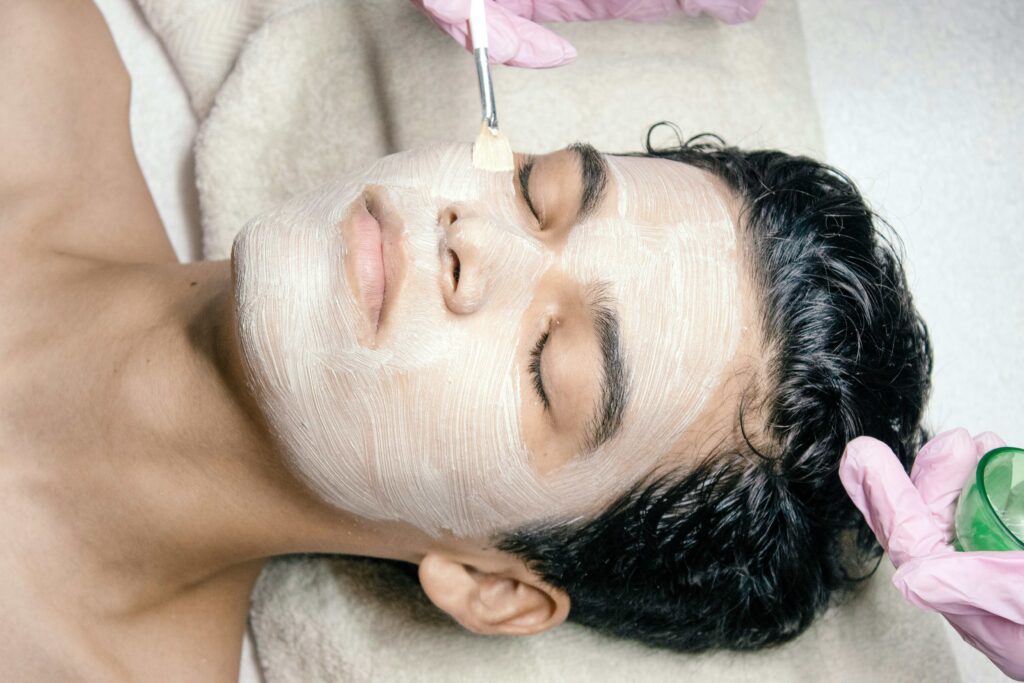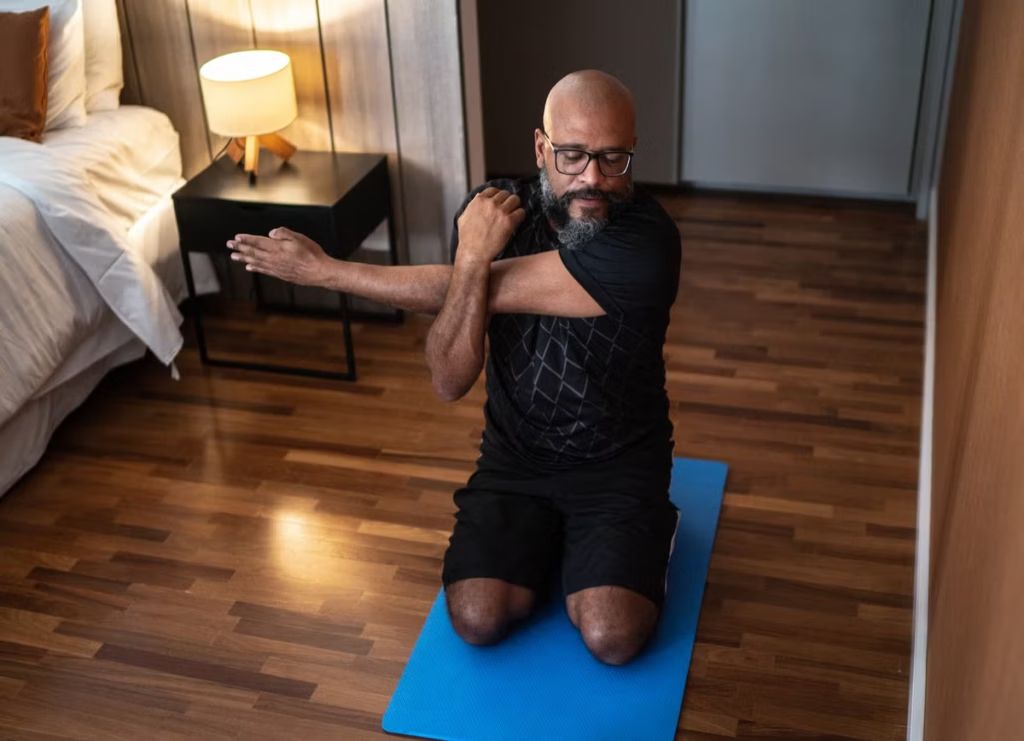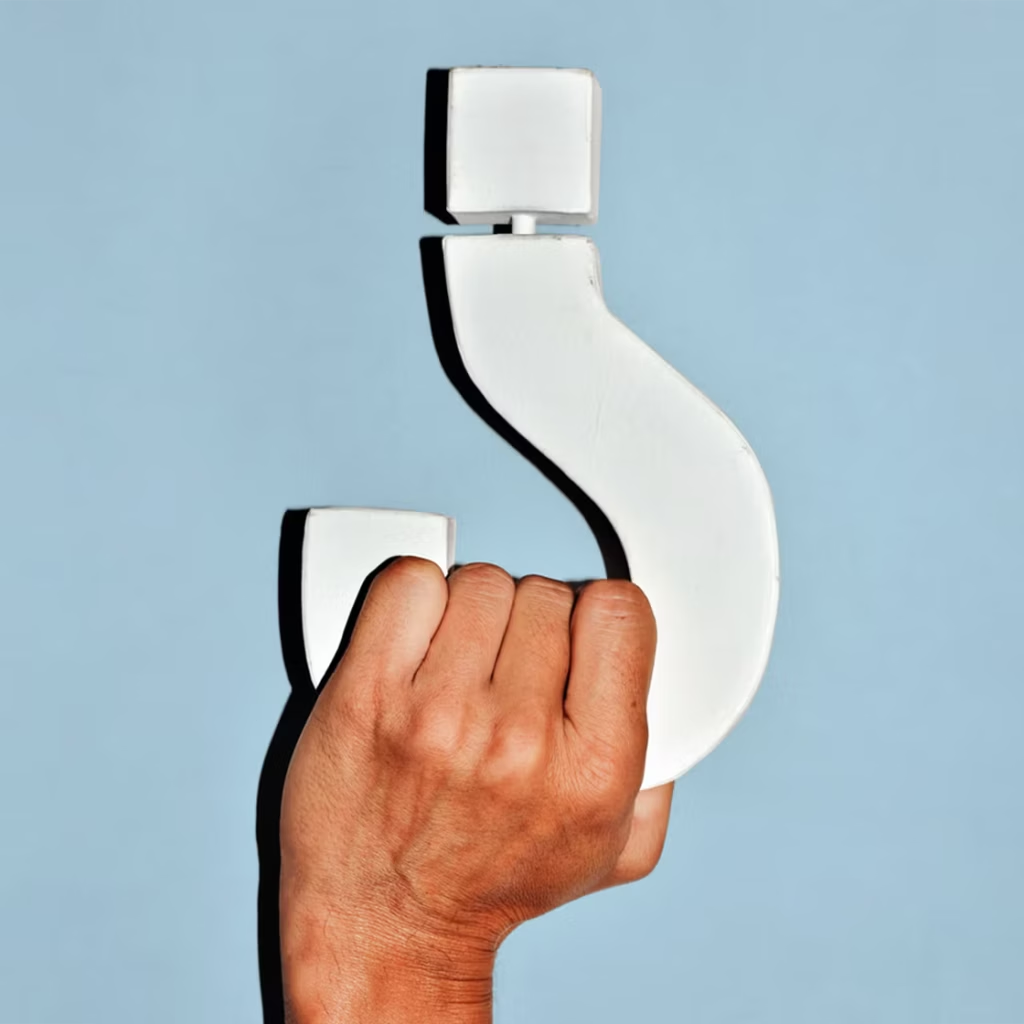It seems to be a common theory that men run hotter than women – particularly in bed – but it turns out that men do in fact have a high propensity to sweat more due to the amount of sweat produced per gland compared to females, in addition to having a lower tolerance to heat.
It can be annoying waking up in the middle of the night to soggy sheets, a damp forehead and that little voice telling you you can’t fall back asleep because you’re too hot. The good news is that night sweats can be treatable for most men, unless medical, with a few tweaks to your nighttime routine and habits for a cooler night’s sleep.
So what are night sweats?
Generally speaking, our bodies want to stay at approximately the same temperature, or “thermoneutral zones” at all times – it’s the reason When the body is at a lower temperature, it responds by shivering, thus bringing up the temperature. When the thermoneutral zone is higher than normal, we then start to sweat, so that the body can release heat and cool down.
What causes night sweats in men?
Numerous health-related issues can throw out the crucial temperature regulation system out of balance in men.
A number of physical, medical, and psychological conditions can interfere with men’s temperature balance systems. Sometimes night sweats might be triggered by taking a hot shower, drinking something hot, or working out.
1. Exercise: Some research indicates that regular exercise can actually lower the thermoneutral zone benchmark, making it easier to exceed the threshold while you’re tucked up under the covers, causing night sweats. However, it doesn’t mean that you should stop exercising. A long-term, well-planned exercise program is key to good health – look for exercises that can help to calm your mind and relax your body before you go to sleep, such as yoga or a slow walk.
2. Anxiety and Stress: Research has shown that even struggling with a complicated maths problem can put sweat glands into overdrive. So if you’re dealing with a traumatic event, such as relationship issues, a job loss, or have lost a loved one, which can be emotionally taxing and stressful, make sure to look after yourself mentally and understand that the night sweats should pass with time.
3. Low Testosterone Levels: As men get older, they produce lower levels of the hormone testosterone – a condition referred to as male hypogonadism. Many General Practitioners prescribe hormone replacement therapy to help with night sweats and other symptoms of low testosterone, it’s best to seek medical advice if you think you could be experiencing low testosterone levels.
4. Hyperhidrosis: In some cases, human sweat glands will become activated by the nervous system for no clear medical reason. It can result in excessive sweating during the day as well as at night. Researchers are not sure why this happens, but sweating can occur across the body as well as only over one or two specific areas.
5. Sleeping with another person or pet: Many of us share a bed with a significant other, or allow our pets to sleep at the foot of our beds, but being in close proximity to another being (which is generating its own heat) can cause you to overheat since your internal regulation system can’t keep up. Try to minimise contact when sharing a bed with another person or animal and opt for cooling bedding to regulate temperatures.
Here’s how men can minimise their night sweats:
Cooling Bed Systems: Using a mattress and bedding that is breathable and designed to keep you cool can be a factor reducing the chances and severity of night sweats. Products including cooling bed mattress toppers, cooling pads, and cooling blankets, can help create the ideal sleep environment.
Bedroom Temperature: Adjust the room temperature: Experts recommend that the optimum room temperature for sleep is between 18 and 22 degrees.
If you don’t have the luxury of aircon, and know a fan just isn’t going to cut it, Evapolar offer a stylish range of natural, energy-efficient, and quiet personal cooling devices that lowering the ambient temperature up to 10-12°C.

Exercise Program: If you have recently started a workout program, review it with a healthcare professional. It could be that your night sweats are due to over-training.
Things to Avoid: Avoid sweat “triggers” such as hot showers, caffeine, chocolate, alcohol, and spicy foods.
Relax Before Bedtime: Relaxation techniques, such as meditation and deep breathing, are well-accepted tools in decreasing one of the most common causes of night sweats: anxiety and stress.
Daily Habits & Routines: Establishing habits such as bathing daily, changing socks often, and ensuring that feet are dry, can reduce body temperature. This decreases the potential for night sweats.
If you’re experiencing night sweats, there are both natural and over the counter ways in which you’re able to help eliminate perspiration while you’re between the sheets. There are, however, medical conditions that can be involved, and consultation with your doctor may be necessary.















